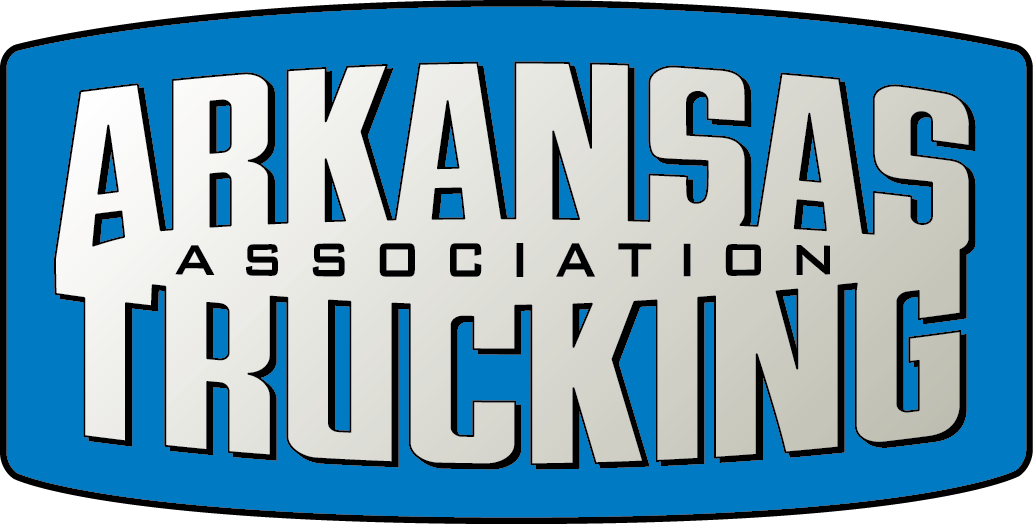The number of freight brokers disappearing from the federal rolls has been increasing by the hundreds every day since December 1, following the new requirement to carry a $75,000 bond, boosted from $10,000 by the MAP-21 highway funding act passed last year.
The Federal Motor Carrier Safety Administration (FMCSA) published a notice in September 2012 saying it would revoke operating authority from brokers who did not comply with the bond increase by Dec. 1, even though the MAP-21 bill required brokers to comply with the increase by Oct. 1.
Nearly 10 percent of the nation’s freight brokers no longer have their licenses.
Some 2,000 brokers have been affected, according to DC Velocity, after the FMCSA began the broker license revocation process just after the start of December. It is unclear how many brokers voluntarily surrendered their licenses versus how many had their authority revoked.
“It is expected the number of authority revocations will only increase, as some industry professionals estimate that about 50 percent of the 21,000 plus freight brokers within the U.S. are still not $75,000 compliant,” according to JW Surety Bonds’ website, one of the nation’s largest surety bond sellers.
That number, however, could also include brokers who had their licenses revoked for reasons other than not complying with the bond increase, said Norita Taylor, spokesperson for the Owner-Operator Independent Drivers Association (OOIDA). She also said OOIDA hasn’t heard from any of its members about losing brokers.
Taylor said the increase helps protect owner-operators from fraudulent brokers. “While most brokers provide a valuable service, the previous system left too much room for fraud where funds were collected from shippers but not paid to owner-operators.”
A group of brokers opposed to the hike, The Association of Independent Property Brokers & Agents, lost a last minute court challenge to delay enforcement. The Arkansas Trucking Association along with the American Trucking Associations, the Transportation Intermediaries Association and OOIDA favor the higher bonding amount.
James Lamb, president of the Association of Independent Property Brokers & Agents says it’s “highly unlikely a significant amount” of the non-compliant brokers will be reinstated because of the 60-day grace period and the time that brokers had to comply with the bond increase.
Lamb says the next phase could push the number of brokers whose authority has been revoked as high as 75 percent. That phase, he said, would come after the “shaky” bonds some brokers purchased to remain compliant come up for renewal in a year.
He also said the industry would now be controlled by larger brokers, who will ask for higher rates, but will not pass those rates onto owner-operators. In fact, he said, they could restrict rates for owner-operators.


